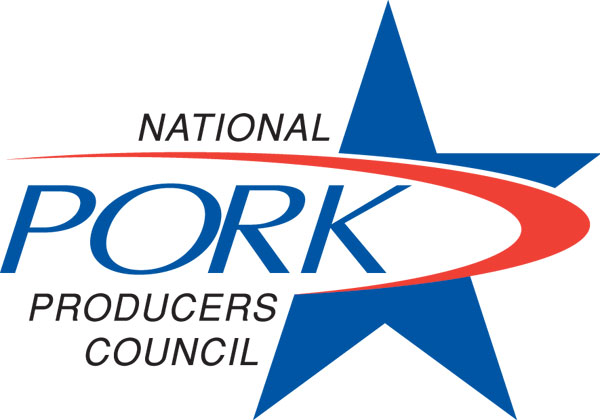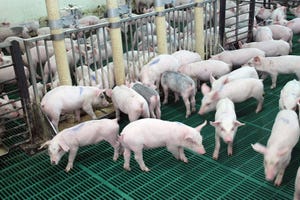Read quoted excerpts from a backgrounder prepared by the National Pork Producers Council in response to Russia’s efforts to block U.S. pork shipments.

Following are some quoted excerpts from a backgrounder prepared by the National Pork Producers Council in response to Russia’s efforts to block U.S. pork shipments.
“Russia since 2008 has erected non-science-based sanitary-phytosanitary (SPS) barriers that have caused U.S. pork exports to Russia to fall by 60%. These unjustifiable restrictions include delisting U.S. pork facilities for non-science-based reasons and threatening to ban imports of pork processed with the use of Codex- and Food and Drug Administration-approved antibiotics and the feed additive ractopamine. At present, U.S. pork facilities representing 59% of U.S. pork plant capacity have been delisted from exporting to Russia.
“Russia’s harassment of the U.S. pork industry has continued since it joined the World Trade Organization (WTO). In fact, on the day of its WTO accession, Aug. 22, 2012, Russia threatened to delist six U.S. pork facilities because of the use of the approved feed ingredient ractopamine and subsequently delisted two of them.
“And, on the day after the Senate-approved permanent normal trade relations status for Russia, the country’s Federal Service for Veterinary and Phytosanitary Surveillance (VPSS) issued a press release stating that, effective Dec. 7, 2012, any meat containing ractopamine will be at risk of destruction or re-export because it violates Custom Union (Russia, Belarus and Kazakhstan) regulations. Russia will also require pork imports from the United States to show documentation that the pork does not contain ractopamine residues. Imported pork without this documentation will be required to be tested for ractopamine residues. It is possible that Russia may soon develop a ractopamine testing regime for all imported U.S. pork. Russia’s ractopamine ban, undoubtedly, will further disrupt U.S. pork sales to Russia.
“Prior to joining the WTO, the United States held bilateral negotiations with Russia for the purpose of negotiating an enforceable bilateral agreement to govern trade in pork. Unfortunately, the negotiations failed, and Russia has failed to bring its animal health and food safety measures in line with the WTO Agreement on the Application of Sanitary and Phytosanitary Measures (“SPS Agreement”). Now that Russia is a WTO member, it is critically important that it abide by WTO rules, including those contained in the WTO SPS Agreement.”
“We continue to seek a bilateral agreement between the United States and Russia that will eliminate the restrictions and harassment and that will allow U.S. pork producers to benefit from Russia’s accession to the WTO.
“Russia has a zero-tolerance policy for tetracycline, an antibiotic approved for use in animal feed by the U.S. Food and Drug Administration and many other countries. The safety of this product has been confirmed by the Codex Alimentarius.
“Russia imposes a zero-tolerance policy for pathogens on raw product, a guarantee no country in the world, including Russia, can realistically achieve. The establishment of pathogen guidelines must be based on a scientific risk assessment and on the sampling recommendations in the International Commission of Microbiological Specifications for Foods (ICMSF). Russia’s unscientific policy has resulted in additional U.S. exporters being delisted. None of the U.S. plants has been delisted by Russia for legitimate health or sanitary concerns. Russia’s actions violate a 2006 agreement with the United States on the inspection and approval of U.S. plants. Russia’s delistings are also inconsistent with a fundamental requirement of the WTO SPS Agreement that countries abide by the principle of equivalence and establishment of science-based standards.
“Russia requires that U.S. pork exported to Russia be frozen because of unfounded concerns about trichinae. Russia does not allow for the import of fresh/chilled pork from the United States. The freezing requirement and the ban on fresh/chilled pork limit the U.S. export potential in that market.”
For more information on trade and other issues involving the NPPC, go to www.nppc.org.
About the Author(s)
You May Also Like





